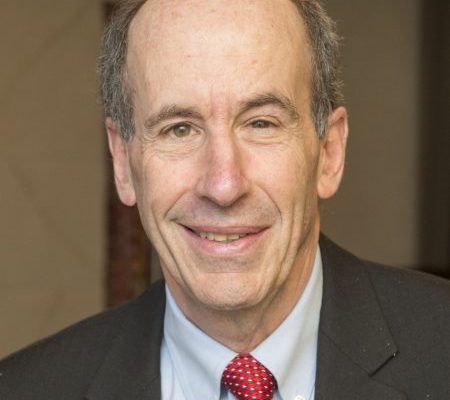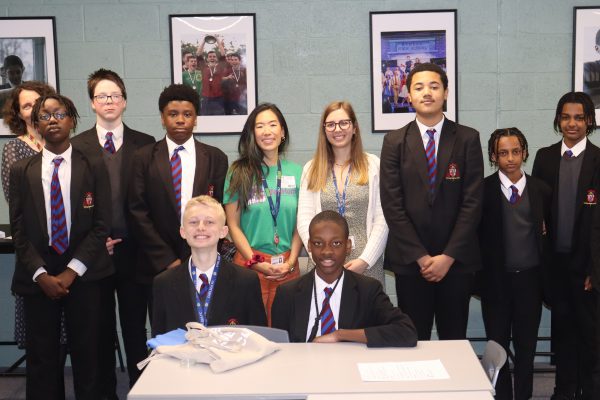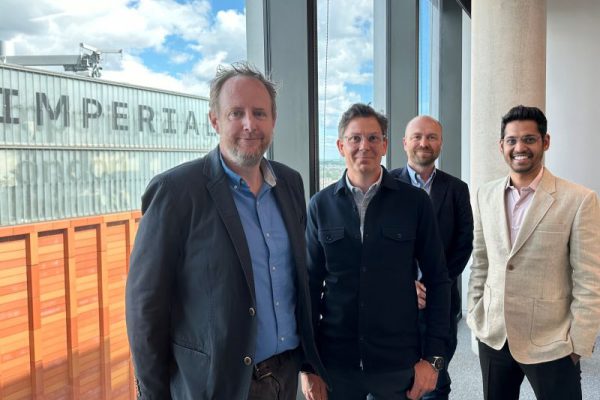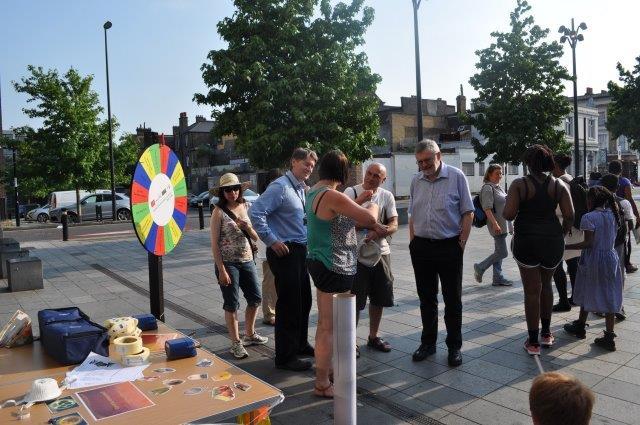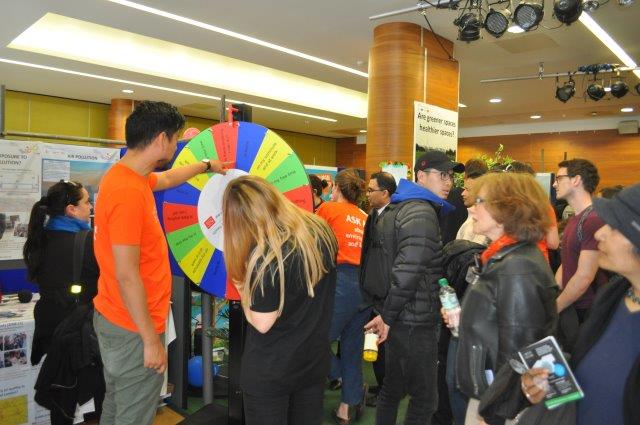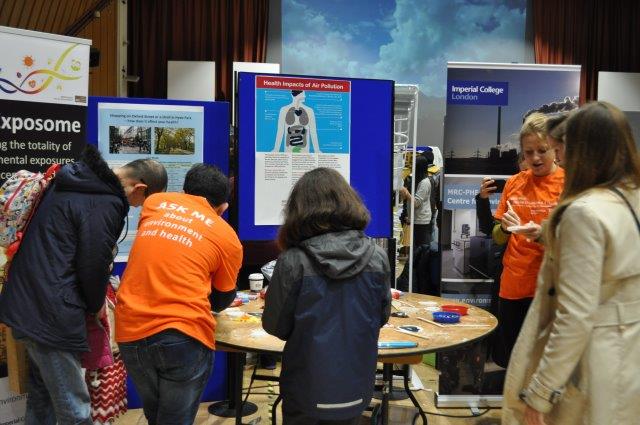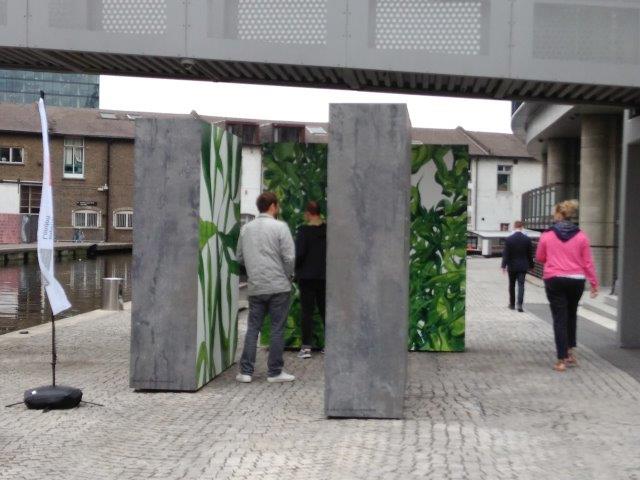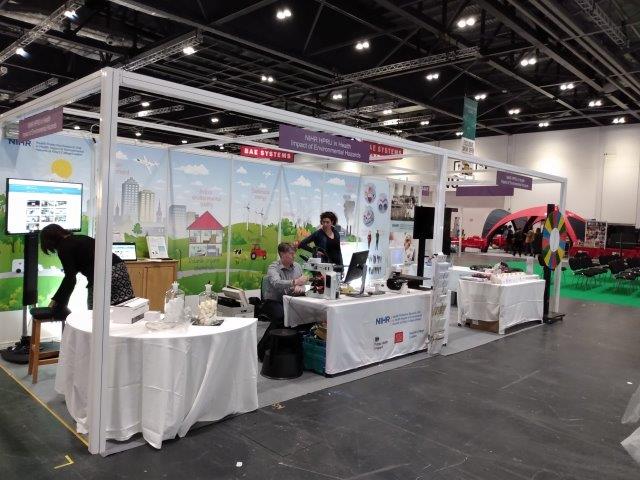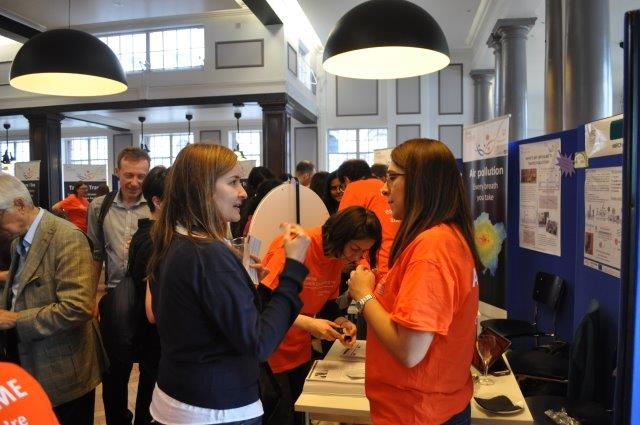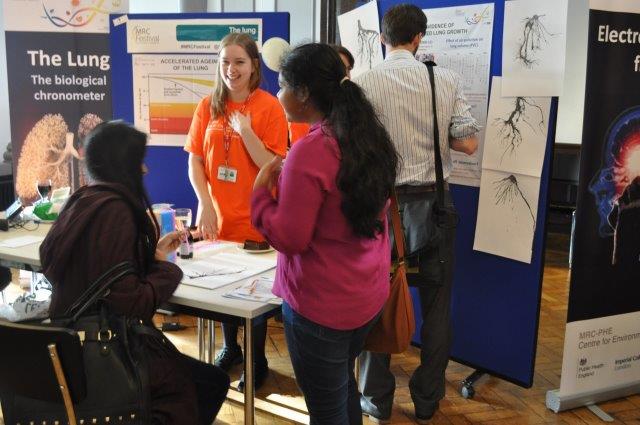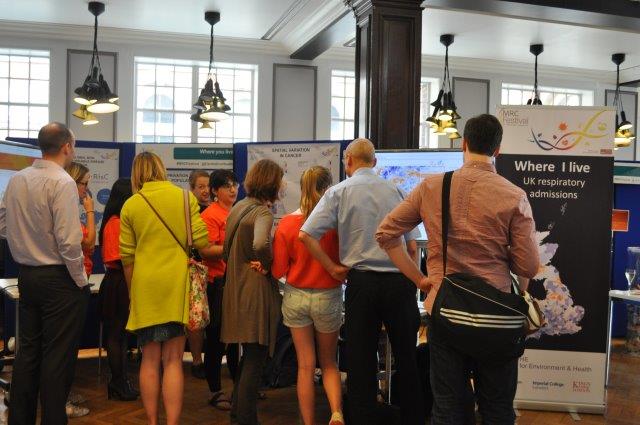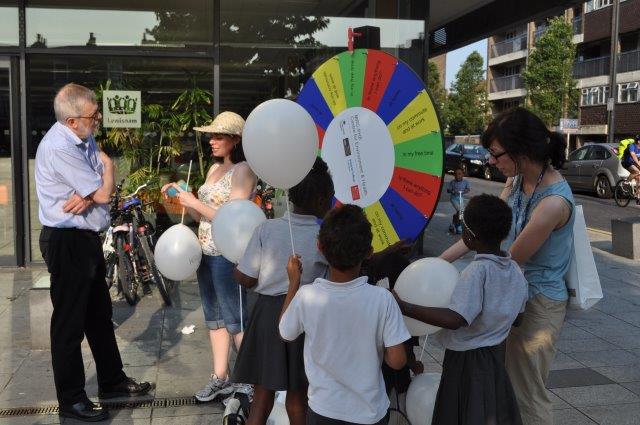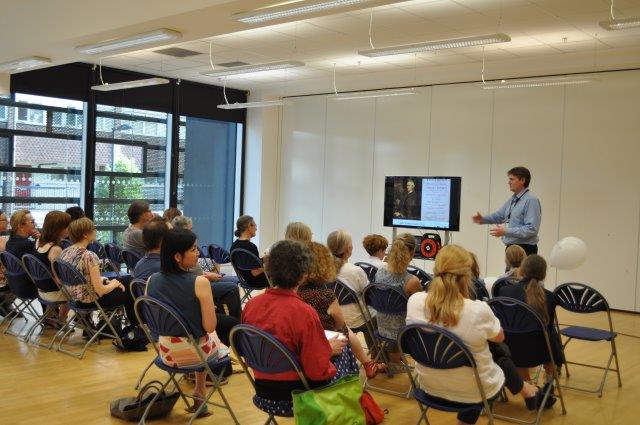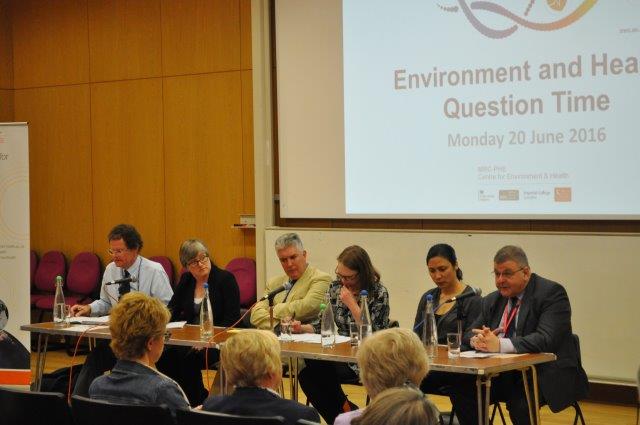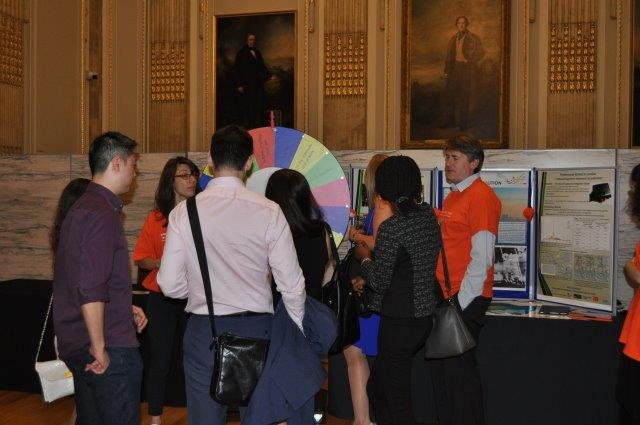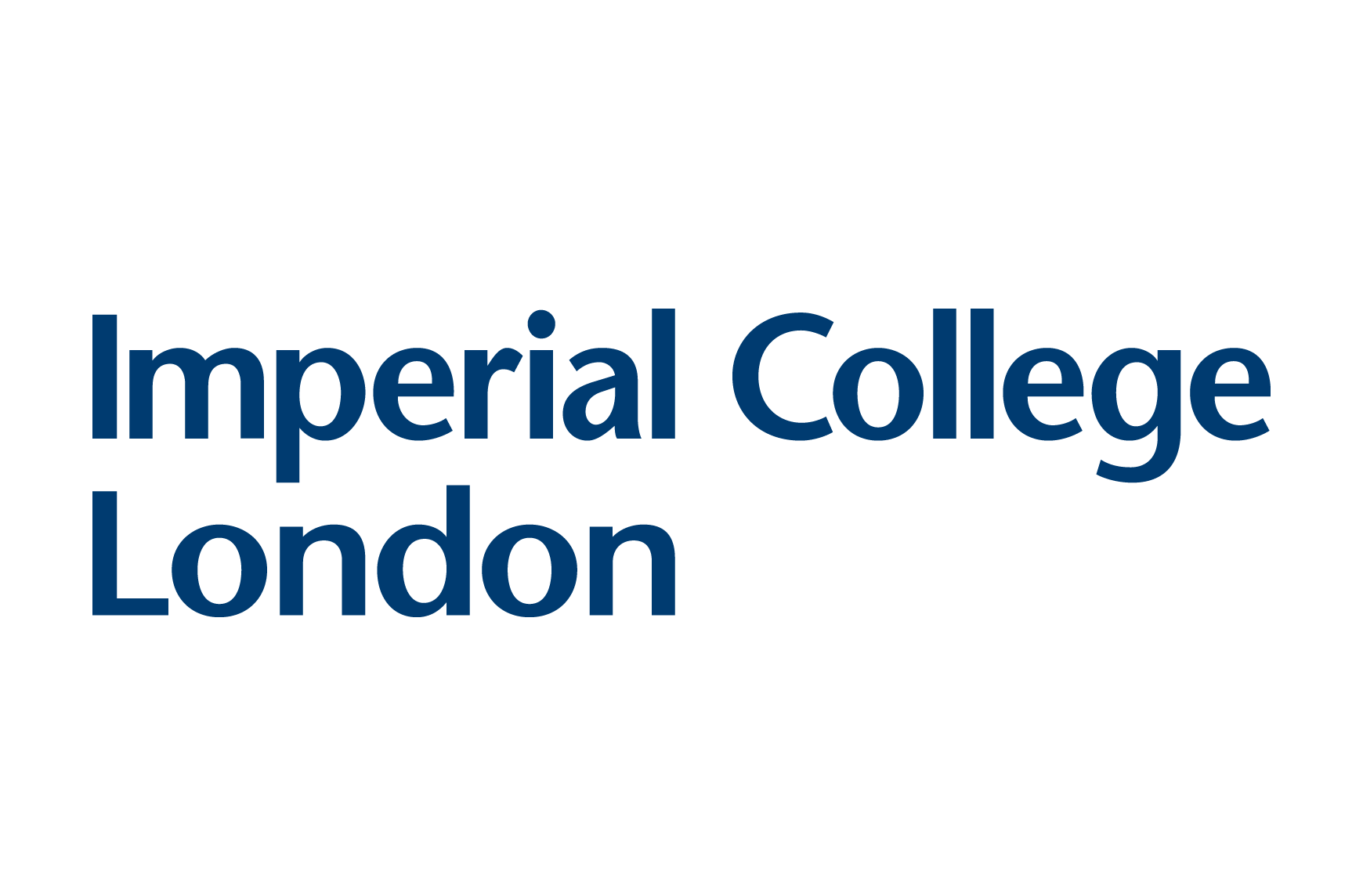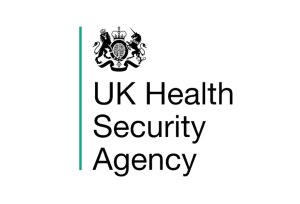Welcome
Welcome to the National Institute for Health and Care Research Unit (NIHR HPRU) in Environmental Exposures and Health at Imperial College London.
This HPRU is a partnership between Imperial College London and the UK Health Security Agency, in collaboration with King’s College London and the MRC Toxicology Unit, Cambridge.
We have strong links with the Chemical and Radiation Threats and Hazards HPRU and the MRC Centre for Environment and Health and to ensure we operate as a highly collaborative matrix, analogous to the UK Health Security Agency’s multi-functional, single-agency model, we have created a Joint Steering Committee, Training Programme Committee, Public and Community Involvement, Engagement and Participation Committee and Public and Community Oversight Group.
This HPRU brings together our expertise in air quality measurement and modelling, exposure assessment, conducting large-scale epidemiological studies, biomarkers and disease mechanisms and chemical toxicology of fibres and particles to produce the scientific evidence needed to support the effective protection of the population from these environmental hazards.
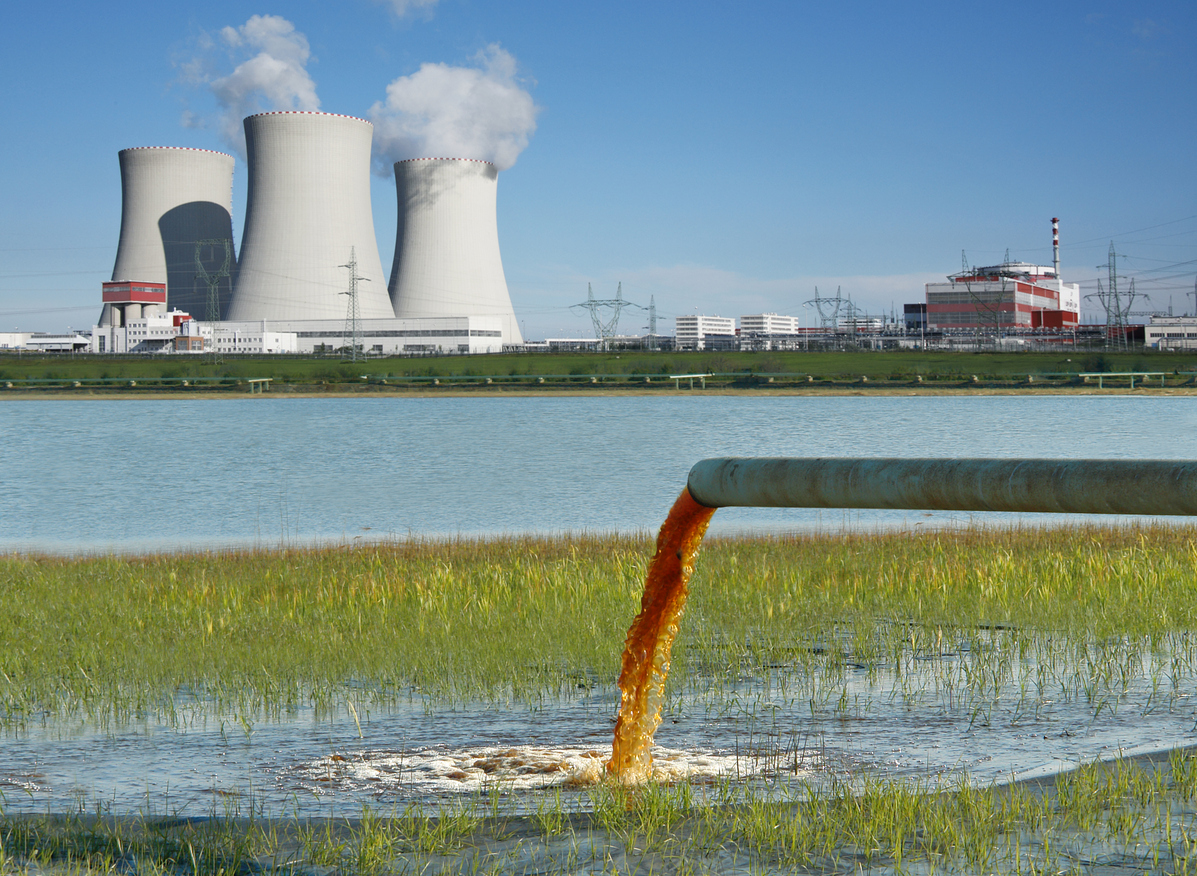
Mission
The mission of this HPRU is to undertake the highest quality research on the health effects associated with exposure to a range of environmental pollutants, including those in the ambient and indoor settings. Our aims are to improve the understanding of the distribution, determinants and pathways linking these exposures to health effects, to provide scientific evidence that will impact directly on public health practice and policy, and to train the next generation of research leaders in environment and health.
Research
The research programme is organised into four complementary themes focusing on furthering understanding of the risk of ambient and indoor air pollutants on health, by examining a range of adverse endpoints in specific population subgroups (e.g. adverse birth outcomes and cognitive function in school children) and in specific locations (indoor, homes and offices, transport micro-environments including the London Underground).
In addition, we will look at emerging exposure issues including e-cigarettes, microplastics, illicit and herbal drug use and brake and tyre wear toxicology.

Theme I - Challenges
1. What are the exposures to toxicants from all environmental sources and consumer products in different populations?
2. Can models be developed to predict exposure?
3. What is the public perception of risk from these toxicants and how are potential risks best communicated?
Theme III - Challenges
1. What biomarkers emerge following acute exposure to different air pollutants and do they discriminate between different sources?
2. Are non-exhaust PM emissions (brake, tyre and road wear) of toxicological relevance and what are the relative toxicities of exhaust PM and NO2?
3. What are the relative toxicities of e-cigarette components?
Theme II - Challenges
1. What are the impacts of air pollution on birth outcomes, cognitive development, mental health and dementia in later life ?
2. What are the impacts of traffic related air pollution on school children’s neurodevelopment and overall health and to what extent does the ULEZ mitigate against any adverse effects ?
3. What, if any, is the impact of air pollution on the London Underground?
Theme IV - Challenges
1. Do microplastics have detrimental human health effects?
2. What are the potential health consequences of waste fires on local populations?
3. What are the health impacts of living near biomass electricity generating installations or being exposed to waste fire emissions?
Latest News
-
In Memory of Professor Dan Greenbaum
Posted on June 17, 2024Continue readingWe would like to pay tribute to Daniel Greenbaum who recently passed away after a short illness. Daniel Greenbaum was a visionary leader and had over three decades of governmental and non-governmental experience in environmental health. He was President of the U.S. Health Effects Institute since 1994. Dan was a member of the MRC Centre […]
-
Press Release – Launch of WMO-GAW Integrating Low-Cost Sensor Systems to Enhance Air Quality Applications
Posted on June 13, 2024Continue readingThe ‘Integrating Low-Cost Sensor Systems and Networks to Enhance Air Quality Applications’ report, which was released today, 13th June by the WMO – World Meteorological Organization, focuses on the Low-cost sensor technologies used for air quality analysis, and how the sensors use in networks and other data sources are used for air quality applications, performance […]
-
Professor Frank Kelly attends Global Cooksafe Coalition launch in London
Posted on June 12, 2024Continue readingProfessor Frank Kelly, Humphry Battcock Chair in Community Health and Policy at Imperial College London, attended the launch of the unique coalition which looks at moving away from cooking with fossil fuels to transition to heathier, affordable and safer electric kitchens. The launch brought together industry leaders and sector experts who have this shared vision […]
-
Cardinal Vaughan Memorial School Visit
Posted on May 22, 2024Continue readingDr Helena Rapp-Wright and Esther Lie from the Environmental Research Group, visited the Cardinal Vaughan school to talk to Lower School pupils in their Chemistry lesson about Air Pollution and how it impacts on climate change and health. Find out more here.
-
Environmental Research Group experts meet with Mats Bredborg from Volvo CE
Posted on May 20, 2024Continue readingDr Carl Desouza and Dr Dan Marsh, who work in the Centre for Low Emission Construction (CLEC) in the Environmental Research Group, Imperial College, meets with Volvo CE to discuss construction equipment and it’s burden on Air Pollution. Follow the post here.
-
Air pollution from waste fires – Professor Frank Kelly talks to BBC Radio London
Posted on May 13, 2024Continue readingProfessor Frank Kelly, Humphrey Battcock Chair in Community Health and Policy, Environmental Research Group, Imperial College London, speaks to BBC Radio London, and BBC Breakfast on the growing problem with Air pollution as a result of waste fires.


